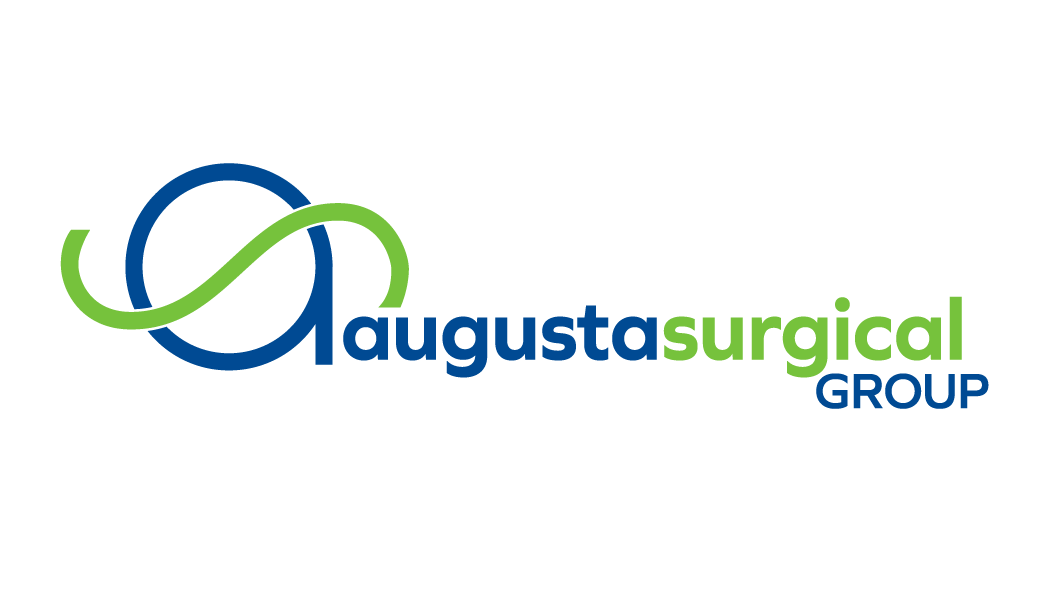Postoperative Instructions
Please have someone pick you up and accompany you home. Typically, we encourage patients to have a family member or friend with them for the first twenty-four hours after surgery.
It is important to drink fluids on the afternoon of surgery but it is not uncommon to have postoperative nausea. Start slowly with bland foods such as soup, saltine crackers, or dry toast. Usually, on the day after surgery, you may resume your regular diet but full healing will be hastened by eating a healthy, well-rounded diet.
Incisions are typically kept dry for 24 hours. Dressings may be removed after 24 hours, and you may get in the shower on the day after surgery. Please do not submerge your incision in the tub, pool, ocean, or lake for two weeks after surgery.
You may resume your normal activities the day after surgery unless told otherwise by your surgeon. Walking is encouraged the day after surgery for most patients, but you should avoid heavy lifting or straining for two weeks.
An appointment will be made for you to follow up in Dr. Carlson’s office two weeks after surgery. If that time is inconvenient, you can call the office and change it. If you have any fever > 100 F, protracted nausea and vomiting, foul-smelling incision drainage, or worsening pain not relieved by pain medication, you should contact the office at (706) 724-5451 or proceed to the emergency room. If you call the office after hours, you will be routed to the on-call physician who will be happy to talk with you and advise you until Dr. Carlson can be reached in the morning.
It is important to take an adequate amount of time off work after a surgical procedure. Healing requires rest, proper nutrition, and maintenance of hydration by drinking plenty of fluids. Return to work can be discussed at your follow-up visit two weeks after surgery if you do not make a plan preoperatively. Any paperwork that needs to be filled out for time off, short-term disability, or return to work can be dropped off at the office at 1430 Harper Street, Building B.
If narcotic pain medication is given to you, you should take it as directed on the prescription. Minimize the number of tablets you take and try to transition to tylenol or motrin as soon as possible. Narcotics cause significant constipation so if you have not had a bowel movement by 48 hours after surgery, you should take some milk of magnesia or a suppository to help naturally induce a bowel movement. It is bad for you to sit on the toilet and strain after surgery. If you are unable to have a bowel movement after taking the milk of magnesia and suppository, call the office during office hours and we can recommend other medications.
Inguinal hernia repairs:
Please apply an ice pack intermittently to the groin to help reduce swelling and bruising for the first forty-eight hours.
Wear a supportive pair of underwear for the first week to avoid swelling. It is not uncommon to have swelling and bruising of the surgical site, the base of the penis, and even the scrotum for up to two weeks after surgery. Cold compresses and elevation of the affected organs will help but it may take up to two weeks to resolve.
Inability to urinate after surgery can become an emergent problem. If you are unable to urinate 8 hours after surgery and/or feel significant discomfort from bladder fullness, you may need to go to the emergency room to have a catheter placed to relieve the pressure.
It is encouraged to ambulate the day after surgery, and you may walk as much as you feel comfortable.
There is no lifting or straining of any kind after hernia surgery and I encourage patients to not pick up anything larger than a can of soda for four weeks. Long-term results depend upon complying with the lifting and straining restrictions for one month after surgery.
Laparoscopic cholecystectomy
Make sure you go home after surgery and drink plenty of fluids the afternoon of surgery.
It is common to have some nausea and vomiting after cholecystectomy so you will be sent home with a prescription for phenergan, an anti-nausea medication, as well as percocet, a narcotic pain medication, if you have no allergies.
Transitioning to non-narcotic pain medication is encouraged starting the day after surgery as narcotics lead to significant constipation.
You should avoid fatty, greasy, fried foods for at least two weeks after surgery.
It is not uncommon to have some of the same symptoms you had before surgery as your liver learns how to do the job the gallbladder used to do. Be sure to avoid trigger foods and stick to bland, healthy foods. It is important to stay hydrated in the postoperative period to drink plenty of fluids.
Excision of lesions
You may remove your bandage and get in the shower the day after surgery. Please do not submerge your wound for two weeks after surgery in the bathtub, lake, ocean, or swimming pool.
If you have swelling at the site of your excision it may benefit from intermittent cool compresses or an ice pack for the first twenty-four hours.
You may resume your normal activities but limit use of the affected limb or surgical site as your comfort demands.
